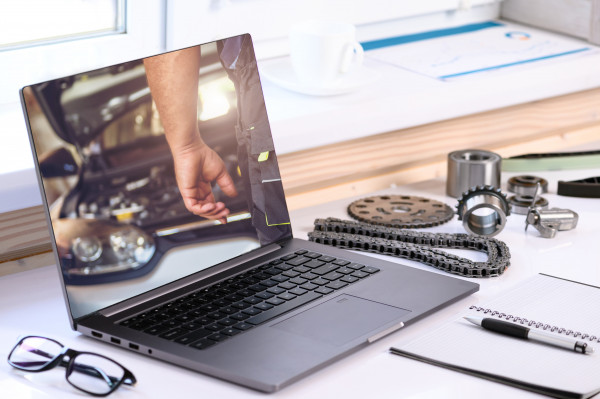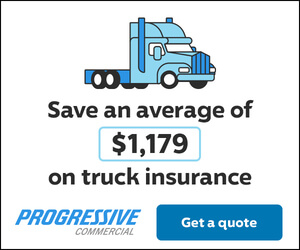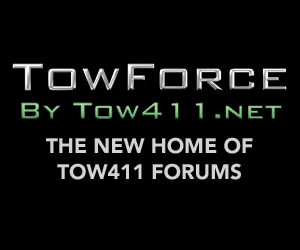I happened upon an article by my new friend Barry Brownstein, and it really opened my eyes. Perhaps the overview of the article will open your eyes too. The article is titled “Why Humans Increasingly Are Unaware of Their Ignorance (And Why it’s a Big Problem).” While that title may sound harsh, even for a self-awareness piece, it just makes sense.
I instantly related that concept to the automotive enthusiast world, of which I’m a big part, as is the owner of Over The Mountain Media, the publisher for Tow Professional magazine. To say that he and I are both “into cars” is the understatement of the year. It’s an obsession.
I bring that up because there’s a parts company that I’ve used several times that specializes in my car, a Ford Focus ST, and also the Focus RS, Mustang GT, and F-150 Raptor. Many of the owners of these vehicles do their own work and get busy upgrading parts right after the purchase of their vehicle. The best thing about this parts company is that with every single part they offer for sale, they attach a very well-done installation video, done by one of their shop people in their company shop.
“If you don’t have that basic knowledge foundation, though, you may be in way over your head if you decide to tear into your car after watching a 4-minute video.”
Here’s the twist – and that’s where the problem starts for some of us.
People with solid car knowledge, but perhaps haven’t ever installed a blow off valve, can view the video and figure it out with relative ease. If you don’t have that basic knowledge foundation, though, you may be in way over your head if you decide to tear into your car after watching a 4-minute video.
Barry Brownstein talks about ignorance being relative to our chase to have our opinions validated. Even if we don’t know much about a subject, a quick Google or Wikipedia search can give us the information we desire. A YouTube video may fill a void in your knowledge bank. That’s where the problem starts, though. You’re simply not an expert, or even really knowledgeable, after a couple of videos and no real experience.

Did you know that ANYONE, regardless of position, education, or qualifications, can make a Wikipedia entry defining or explaining something? That means, if you didn’t know much about a subject, but you consult Wikipedia and the person who made the entry you’re reading doesn’t know much about it, now you BOTH don’t know much? Same applies with YouTube – all it takes is a phone and an internet connection to be the next YouTube star. And the problem is that people will take you seriously.
I’m not going to post the Yale University study that Barry Brownstein referenced in his article – instead, I’m going to twist this notion of us doing a quick internet search or catching a video and suddenly becoming experts on the matter – and tie it directly into the towing industry.
I’ll make this point, and hope you agree. There is absolutely no substitute for real-time, hands-on training. None. Period.
Let’s play this out – one of your drivers runs a medium or heavy unit, and kills time by checking out YouTube videos of towing and recovery failures as well as “training” videos posted by some yayhoo with a phone and an internet connection, and takes that 3-minute “how-to” video to heart. They then run into a similar scenario out in the field, and instead of asking for help, calling you or another supervisor, or remembering formal training last year, they immediately recall that video – it’s human nature to recall the most recent events in our lives – and they try to pull off some King Kong Superman stuff they saw in the video. And the results are devastating.
What the yayhoo in the video didn’t explain to your guy or girl is the weight they were recovering, conditions including weather, level ground, time of day, etc., and the hour or more it took to rig up that operation before they started pulling the levers and making things happen.
The question I have for company owners and supervisors is a simple one – who do you want doing your training? You, or some other qualified trainer? An instructor in a formal training course? Or some yayhoo who cracks jokes and has a phone and an internet connection?
Take some downtime, build controllable, safe scenarios at your tow yard, and pull off some training sessions. And then document them. Gather the whole crew around, not so the others can yell silly things and distract the operator working, but to learn, take notes, and offer suggestions. There are several things you can do in an environment like that that you can’t do on a real call – you can stop the action at any time, start over, rethink your plan, and reconfigure your rigging.
Ask yourself – do you want professional, safe operators, or people who idolize the yayhoo on YouTube? Which one of those would you want to talk to your insurance agent about?










